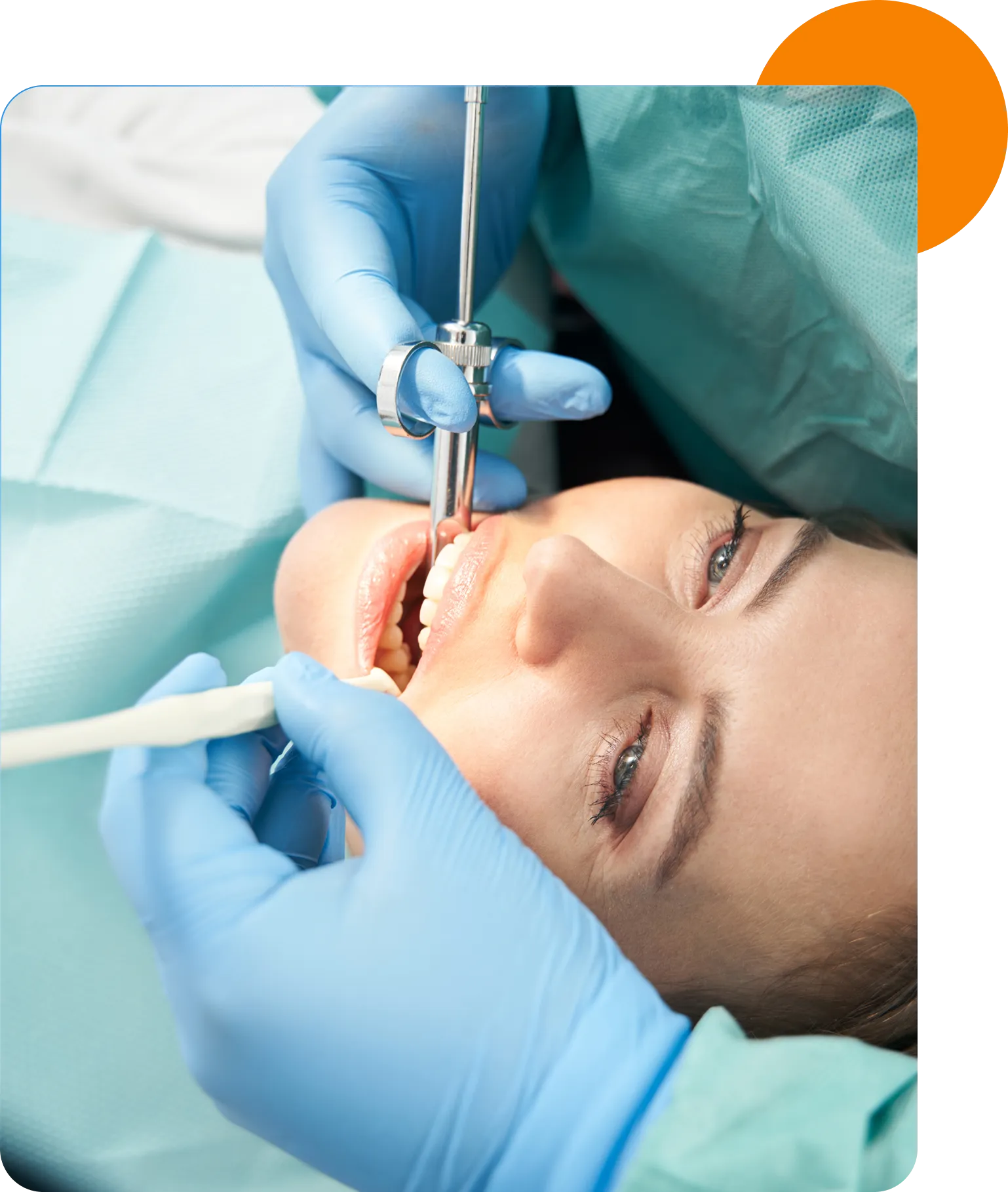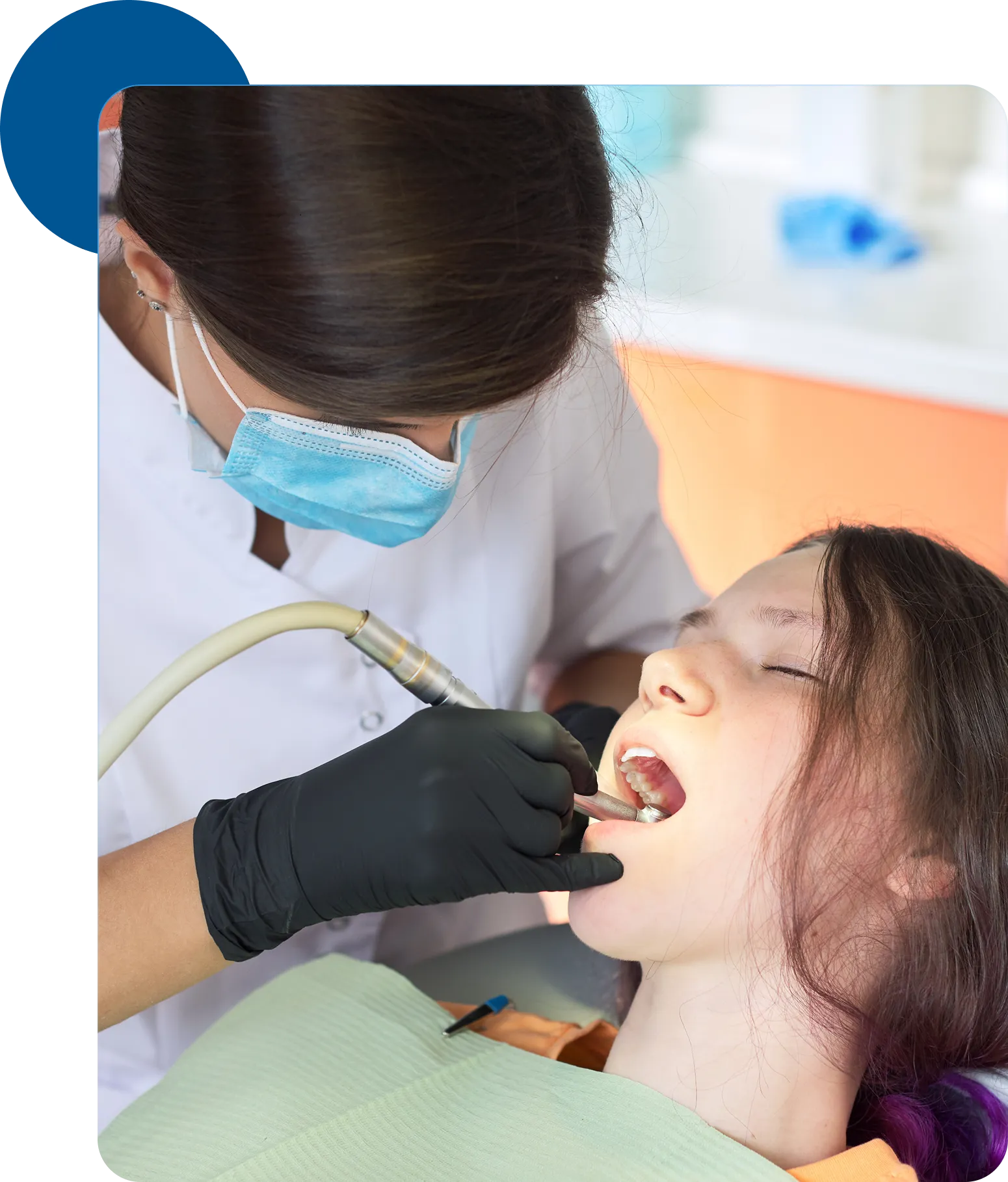Sedation Dentistry Near You!
Solution for Dental Anxiety can be a significant barrier to receiving necessary dental care. It's common for patients to experience fear or anxiety when visiting the dentist, and past negative experiences can exacerbate these feelings. To address this concern, we offer sedation dentistry, which is designed to help patients of all ages who have varying levels of dental anxiety, from mild nervousness to extreme phobias. Our goal is to ensure that your comfort at the dentist is a top priority, allowing you to maintain your oral health confidently.
There are three primary forms of conscious sedation commonly utilized by dentists: nitrous oxide gas, oral (pill) sedation, and intravenous (IV) sedation.
.webp)







